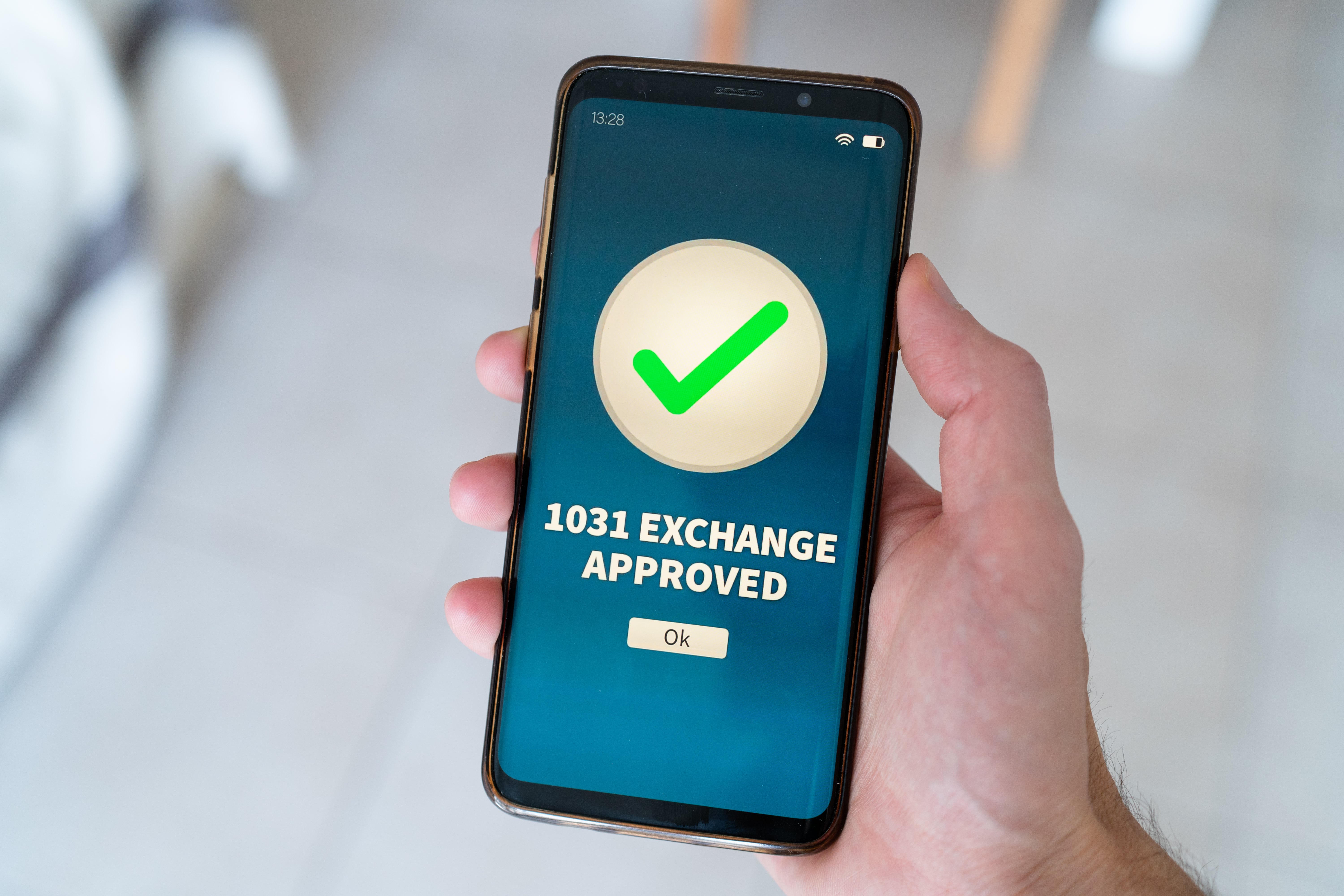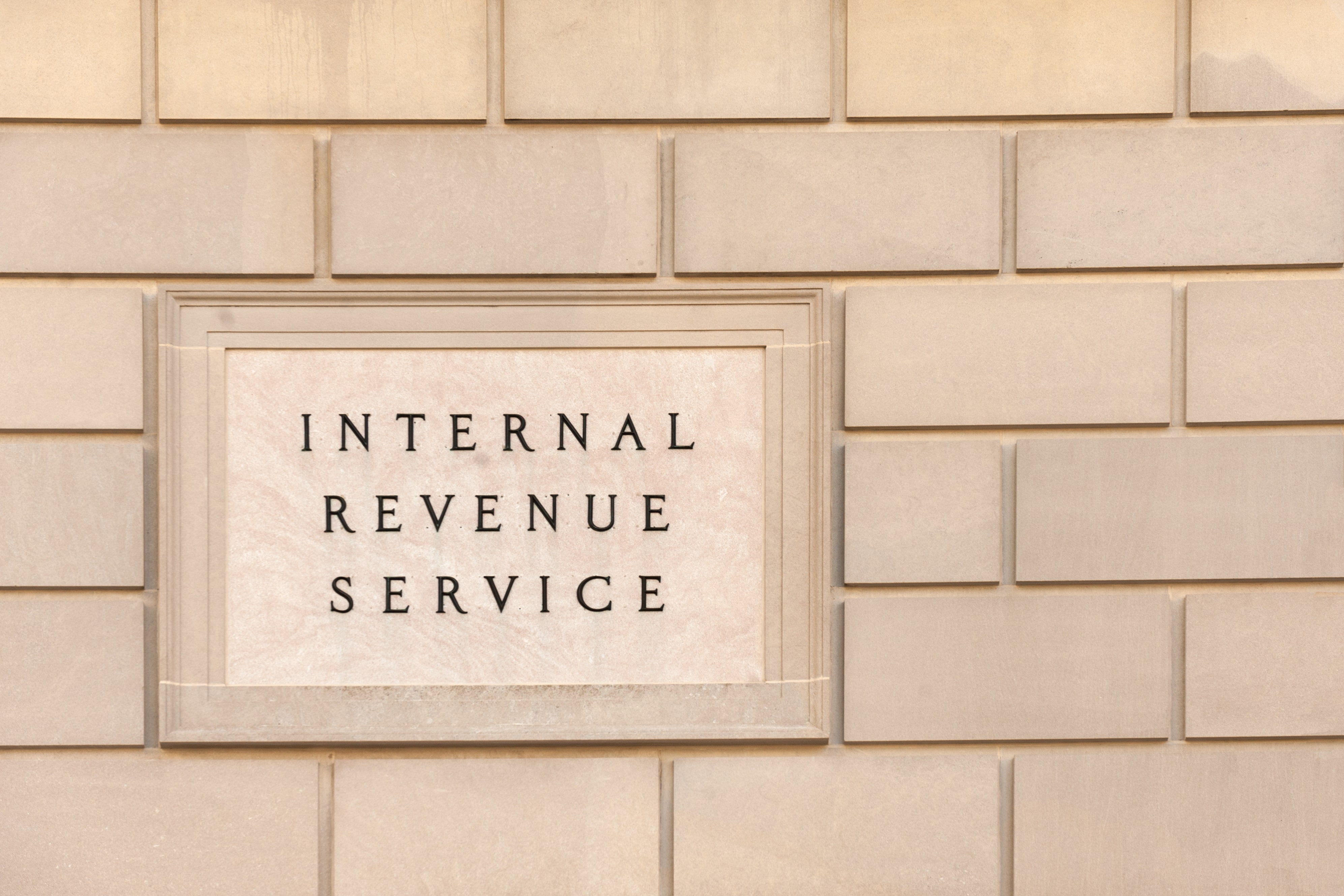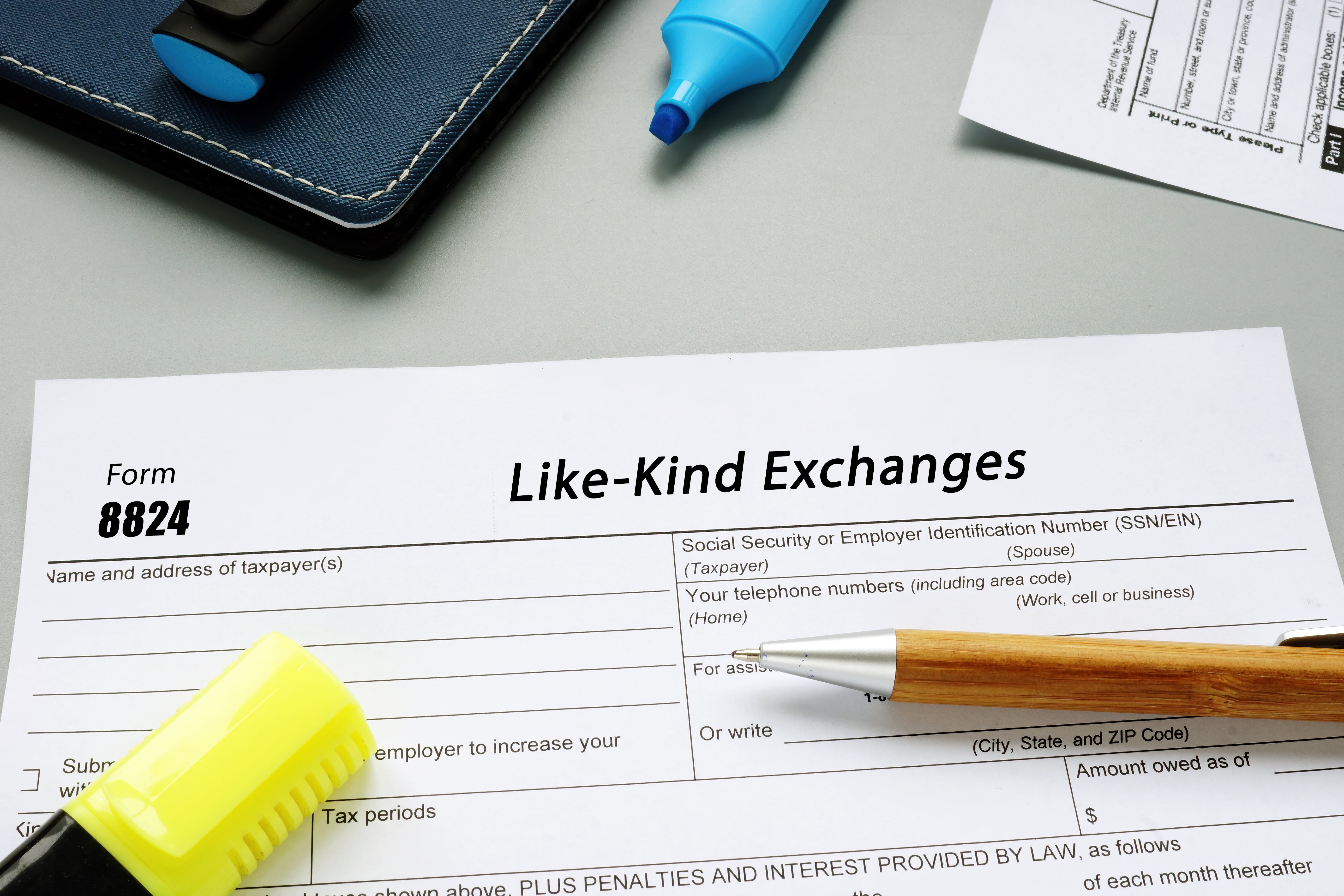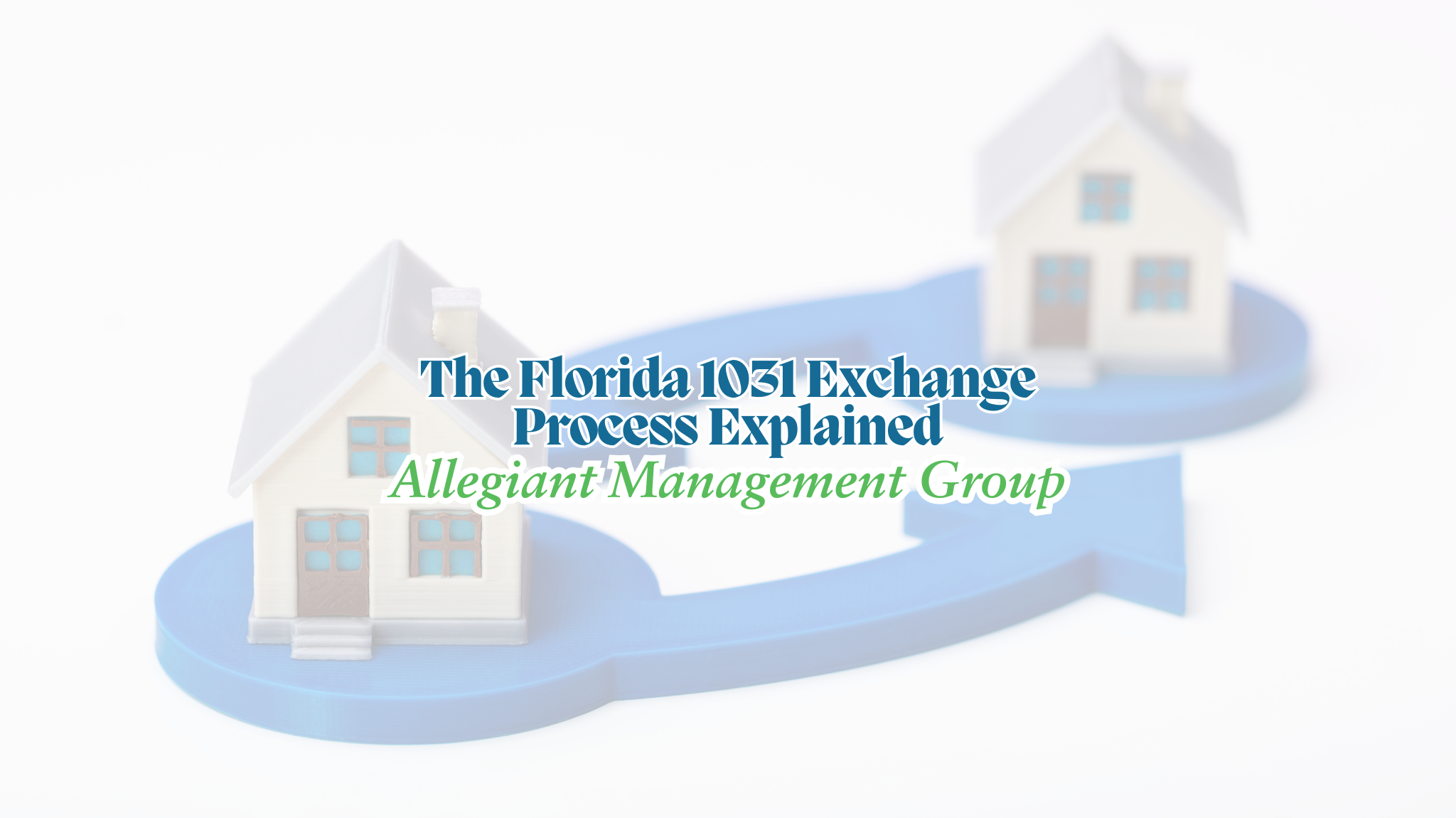Last Updated: July 19, 2025
📌 Table of Contents
- What Is a 1031 Exchange
- Why Use a Florida 1031 Exchange for Your Real Estate Investment
- What Properties Qualify for Kind Exchange
- The Step-by-Step Process: 1031 Exchange Rules Florida Timeline
- The Role of a Qualified Intermediary
- Legal and Tax Bracket Considerations in Florida
- Common Pitfalls to Avoid
- How Florida Real Estate Laws Affect 1031 Exchanges
- Strategic Tips for Florida Investors
- Real-World Examples
- Understanding Depreciation Recapture in a 1031 Exchange
- How to Choose the Right Replacement Property
- Preparing for Rule Changes
- Conclusion
- Take the Next Step with Confidence
- Frequently Asked Questions (FAQs)
The 1031 Exchange Rules Florida Explained

Navigating property ownership and the real estate market in Florida can be complex—especially regarding taxes. One powerful tool that many investors use is the 1031 Exchange for your Florida investment property.
This strategy lets property owners delay short term capital gains taxes & long term capital gain taxes. They can sell one investment property and invest the money in another similar property. Do not use this for a primary residence or a vacation home. While the benefits are significant, the rules are strict.
In this guide, we will explain how the 1031 tax Exchange process works in Florida. We will cover legal issues, time frames, tax rules, and how to avoid common mistakes. You’ll also find FAQs and insights to help make smart decisions within property management and investment.
What Is a 1031 Exchange

Section 1031 of the IRS tax code (internal revenue code) forms the basis of a 1031 Exchange. You can sell an investment or rental property and delay paying capital gains tax. This means you can defer the tax. To do this, you must reinvest the money into another qualifying property.
This exchange must involve:
- Properties of like-kind
- Held for investment or business purposes
- Completed through a Qualified Intermediary
For real estate investors in Florida, this is a smart move. It helps grow portfolios without causing immediate taxes on the exchanged properties.
Why Use a Florida 1031 Exchange for Your Real Estate Investment

Using a 1031 Exchange in a Florida real estate transaction offers many advantages:
- Defer capital gains taxes and keep more money working for you
- Upgrade or consolidate properties without a tax penalty on the relinquished property.
- Diversify into different markets or property types
- Increase cash flow and reduce management workload
- Align with retirement or estate planning goals
What Properties Qualify for Kind Exchange
To qualify for a Florida 1031 Exchange the kind properties:
- Both properties must be “like-kind” (investment or business use)
- You must identify replacement properties within 45 days
- The transaction must be completed within 180 days
- The new property must be of equal or greater value
- You must not touch the sale proceeds (handled by a Qualified Intermediary)
The Step-by-Step Process: 1031 Exchange Rules Florida Timeline
Here’s how to complete a 1031 exchange in Florida:
- Sell your current investment property
- Hire a Qualified Intermediary (QI) to handle the funds
- Identify up to three replacement properties within 45 days
- Close on one or more of those properties within 180 days
- Reinvest all proceeds and maintain (or increase) debt/equity
- Keep complete documentation for tax reporting
The Role of a Qualified Intermediary
The IRS requires the use of a Qualified Intermediary (QI) in all 1031 exchanges. This neutral third party:
- Holds the funds during the exchange
- Prepares the legal documents
- Ensures compliance with IRS timelines
- Helps reduce the risk of errors that can void the exchange
Hiring a trusted, experienced QI is essential for a smooth transaction.
Legal and Tax Bracket Considerations in Florida

While a 1031 exchange defers taxes, it does not eliminate them. You will still be responsible to pay the tax deferred, but at a future date.
It's crucial to know:
- Capital gains taxes are still owed later (unless you do another exchange)
- Property taxes in Florida may vary by location
- Zoning laws and land-use regulations can impact eligibility
- Taking cash (called “boot”) or reducing debt may lead to partial taxation
Always talk to a tax expert and a lawyer who knows Florida real estate laws. This will help you understand legal rules and capital gain tax rates.
Common Pitfalls to Avoid
- Missing the 45- or 180-day deadlines
- Receiving proceeds from the sale directly (you must use a QI)
- Buying a non-qualifying property
- Underestimating closing costs or tax liability
- Failing to document the exchange properly
Avoiding these mistakes protects your ability to defer taxes and complete a valid 1031 exchange.

How Florida Real Estate Laws Affect 1031 Exchanges

While 1031 exchanges are governed by federal law, Florida’s state laws and local regulations can significantly influence your investment outcome. Understanding these factors helps ensure your exchange stays compliant and financially sound.
- Property Taxes: Florida has no state income tax, but property taxes vary by county. High-value areas like Orlando or Miami may come with higher millage rates. Always estimate the tax liability of your replacement property to protect your cash flow.
- Zoning and Land-Use Restrictions: Not all properties are automatically investment-ready. Local zoning laws may restrict short-term rentals, commercial use, or redevelopment. If you cannot legally use your replacement property as intended, you may disqualify the exchange.
- Market Trends: Real estate performance in Florida varies widely by region. Evaluate local demand, appreciation trends, and vacancy rates to ensure your exchange also makes long-term financial sense.
- Transfer Fees and Closing Costs: Florida has documentary stamp taxes and title fees that affect closing costs. If not properly accounted for, these can reduce reinvestment value and impact your tax deferral.
- Work with Local Experts: Florida attorneys, real estate agents, and Qualified Intermediaries can help you understand local rules. They ensure you follow IRS regulations and Florida law while protecting your investment.
Strategic Tips for Florida Investors

When using a 1031 exchange, consider your overall goals:
- Diversify: Invest in new property types or markets (e.g., commercial, mixed-use)
- Consolidate: Combine smaller properties into one high-performing asset
- Time the market: Sell during high demand and reinvest during low prices
- Plan for lifestyle changes: Use exchanges to simplify management before retirement
Real-World Examples

Example 1: Consolidation Strategy
A Miami investor sells three duplexes and buys one larger commercial property in Orlando using a 1031 exchange. They increase rental income and reduce maintenance needs.
Example 2: Retirement Strategy
A couple close to retirement sells their vacation rentals. They invest the money in a low-maintenance multi-family property in Central Florida. This choice gives them steady income with fewer problems.
Understanding Depreciation Recapture in a 1031 Exchange
A 1031 exchange lets you delay paying capital gains taxes. However, it does not remove the chance of depreciation recapture.
If you have claimed depreciation deductions on the property you are selling, you might have to pay taxes. The IRS may require this. This can happen if you do not structure the exchange correctly.
You can avoid paying this debt by putting all the money into a similar property. Then, hold onto the new property as an investment.
It’s important to work with a CPA who knows the depreciation rules for real estate and 1031 exchanges. This helps you avoid unexpected tax bills.
How to Choose the Right Replacement Property
The success of your 1031 exchange depends largely on choosing the right replacement property. In Florida, where market conditions vary by region, it’s important to consider factors like:
Cash flow potential
Property condition and maintenance needs
Zoning and local ordinances
Appreciation trends in the area
Your investment timeline and risk tolerance
Working with a real estate expert can help you find a property. They know the areas in Florida, including Kissimmee, Oviedo, and Lakeland. This property should meet 1031 rules and support your financial goals. This is no tiny feat.
How to Choose the Right Replacement Property
Tax laws can change. In recent years, federal officials have discussed limiting or eliminating 1031 exchanges.
Stay proactive by:
- Consulting with advisors regularly
- Following updates from the IRS and real estate news sources
- Adjusting your investment plans as needed
Being informed means you’ll be ready to act quickly when opportunities (or rule changes) arise.
Conclusion
A Florida 1031 Exchange is a powerful strategy to build wealth, reduce tax burden, and increase portfolio flexibility. But it requires strict adherence to legal and tax rules.
By working with a Qualified Intermediary, a real estate attorney, and a tax advisor, you can protect your investment. This will help you get the most from this special tax rule.
The 1031 exchange can help you if you are upgrading, consolidating, or diversifying your real estate. It plays an important role in your long-term strategy.
Take the Next Step with Confidence

If you want to do a 1031 exchange in Orlando, you need a good property management company. A good company can also help improve your real estate investments. Hiring the right property manager is key to your success. The team at Allegiant Management Group and AMG Realty Services is here to help.
Allegiant Management Group offers expert property management in Central Florida handling all day to day operations. AMG Realty Services has real estate agents who focus on investment sales and acquisitions.
Call (407) 557-3164 or connect with us here to schedule a consultation and explore your next opportunity.
Frequently Asked Questions (FAQs)
What does “like-kind” mean in a Florida 1031 Exchange?
In a Florida 1031 Exchange, "like-kind" means the properties exchanged should be similar in nature or character. They do not have to be the same in grade or quality. You can swap any property you own for investment. This includes any type of investment or business-use property.
Can I live in the property I buy through a 1031 exchange?
No, you can’t immediately live in a property bought through a 1031 exchange. Investors or business owners should keep the property for investment or business use, usually for at least two years. Personal use during this period may disqualify the exchange and trigger taxes.
What happens if I miss the 180-day deadline?
Missing the 180-day deadline in a 1031 exchange disqualifies the transaction. The IRS treats it as a taxable sale, and you must pay capital gains taxes on the full amount. Extensions are not granted except in federally declared disaster situations.
Do Florida property taxes affect the exchange?
Florida property taxes do not directly affect 1031 exchange eligibility. However, they may impact overall transaction costs and net proceeds. Ensure taxes are prorated correctly at closing to avoid issues, but they do not disqualify the exchange itself.
What does a 1031 exchange Florida cost?
A 1031 exchange in Florida typically costs $750 to $1,200 for basic services. Fees vary based on transaction complexity, property value, and the qualified intermediary. Additional legal or tax advisory services may increase total costs.
What are the 1031 Exchange Florida rules?
Florida 1031 exchange rules follow IRS guidelines: reinvest proceeds in like-kind U.S. property, identify replacement within 45 days, and close within 180 days. Use a qualified intermediary. Both properties must be investment or business use—not personal residences.
Can I use a 1031 exchange to buy property in another state?
Yes, you can use a 1031 exchange to buy property in another state. The IRS allows exchanges of investment properties anywhere in the United States. Both properties must meet the like-kind and qualifying use requirements.
What if I want to sell the new property later?
You can sell the new property later, but you must hold it for investment or business use first. Selling too soon may trigger IRS scrutiny and disqualify the original 1031 exchange, leading to capital gains taxes. Holding for at least two years is safest.
What is net investment income tax?
Net Investment Income Tax (NIIT) is a 3.8% federal tax on investment income for individuals, estates, and trusts exceeding income thresholds. It applies to interest, dividends, capital gains, rental income, and passive business income.
What is the difference between reverse exchange and delayed exchange?
A reverse exchange lets investors buy replacement property before selling the original. A delayed exchange sells the original property first, then buys a replacement within 180 days. Both follow IRS Section 1031 rules but differ in timing and ownership structure.
Disclaimer: This article is for information purposes only and is not legal or tax advice. Always consult a licensed attorney, CPA, or Qualified Intermediary familiar with Florida 1031 Exchange rules before proceeding.



